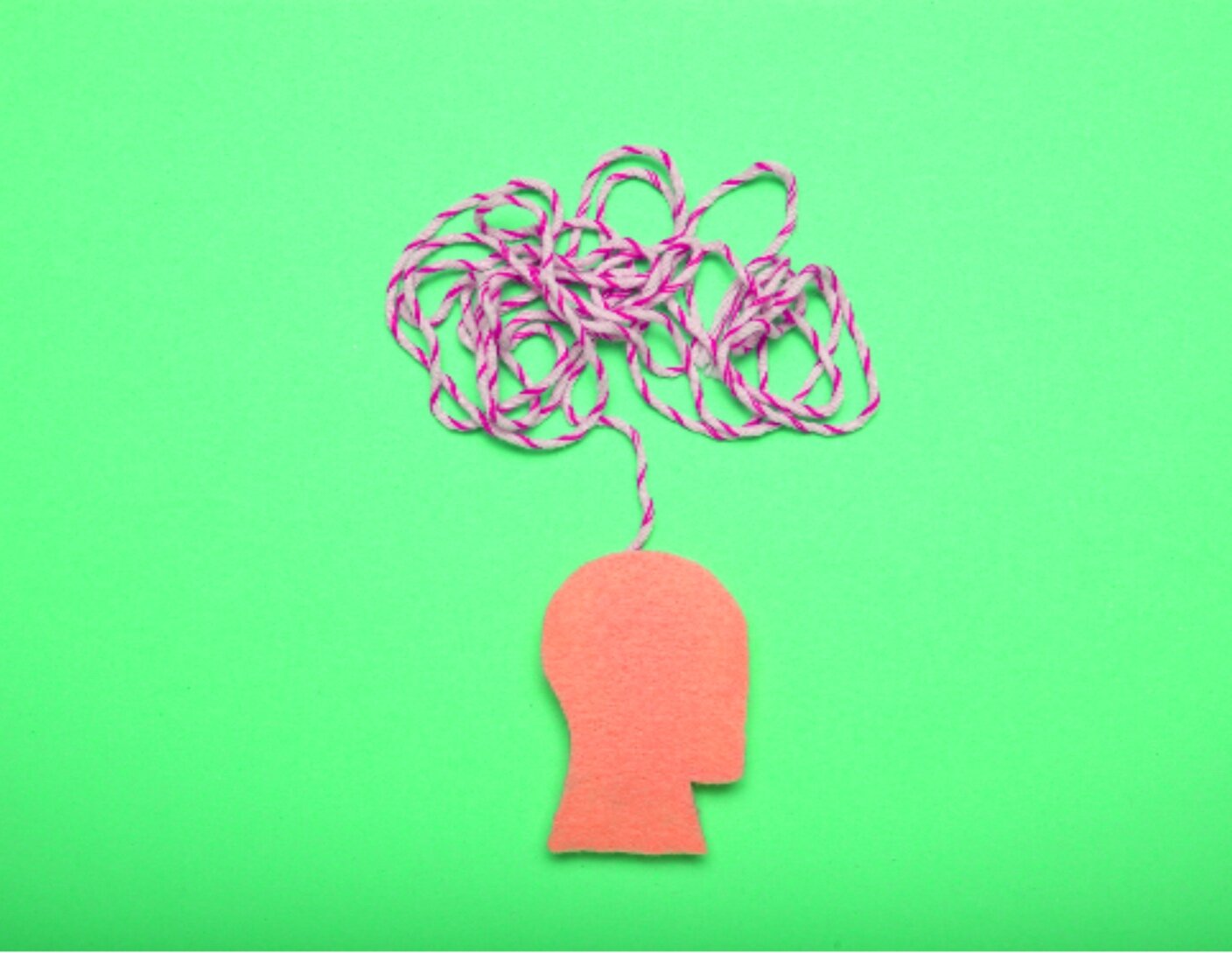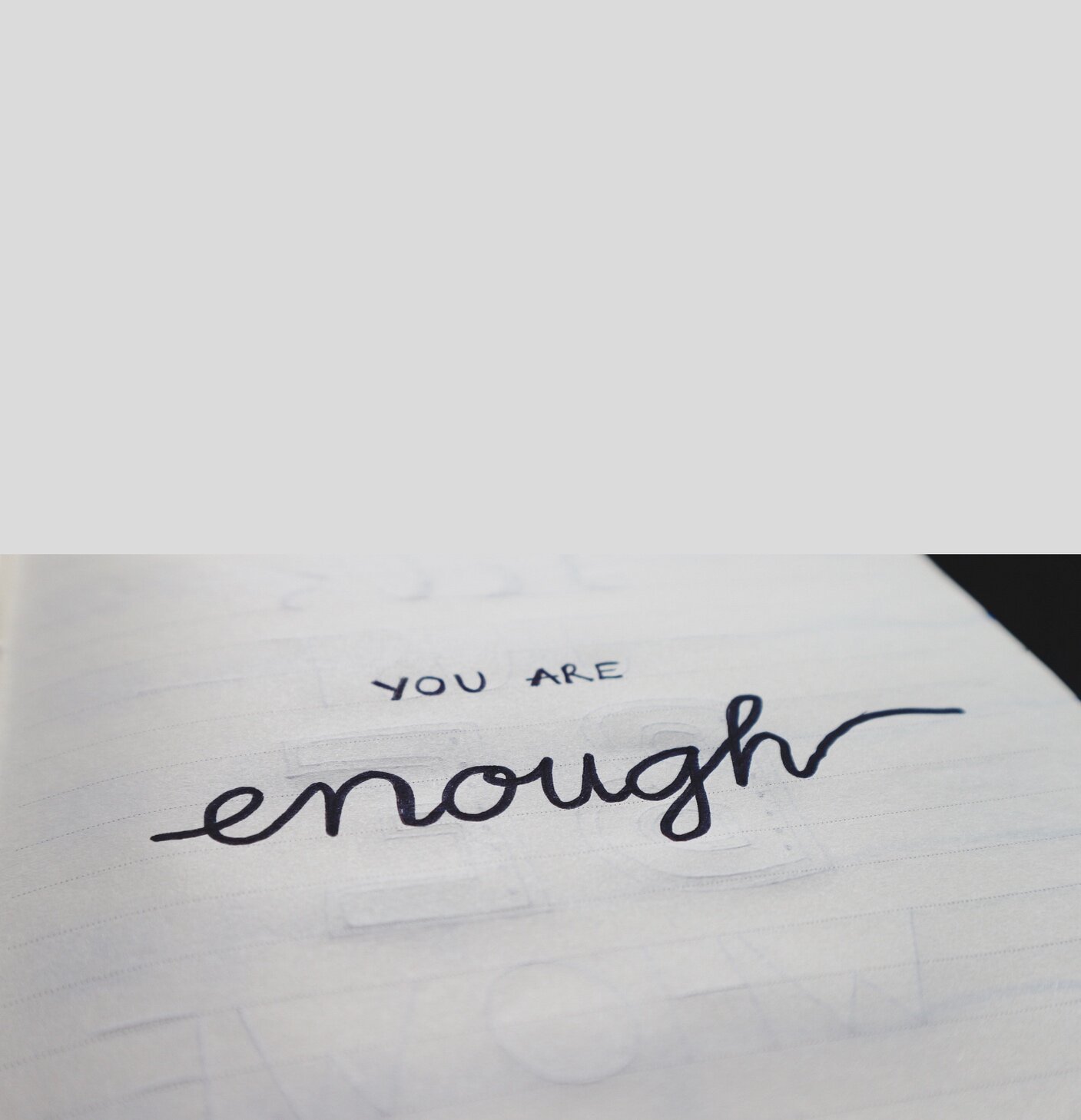Anxiety

Anxiety
by Dr Nile
Anxiety is something we have all experienced, often many times, but there are some people who struggle with anxiety so much of the time that it severely impacts their quality of life, disrupts their relationships and places huge limitations on what they are able to do. Sometimes the focus of our anxiety is very specific to certain situations such as being in a crowded place, at other times it is more generalised causing fear and worry about a wide range of situations or experiences.
Anxiety has both psychological and physical symptoms. Sufferers can have feelings of fear, worry and agitation, as well as the sensation of a pounding heart (palpitations), sweating, dizziness, muscular tension and many more. These feeling and sensations can result in poor concentration, insomnia, avoidance of certain situations, panic attacks and even severe phobias.
Anxiety is a symptom of a wide range of different mental health conditions but it is important to remember that it is also a very normal part of life and a natural response to stress and uncertainty. Some people are naturally more anxious than others and some are more laid back, but we all experience anxiety at various times in our life. However, if these feelings appear more frequently than you are comfortable with or they are hindering you from doing day to day activities, then you should seek help as it can often be easily treated.
Treatment of anxiety usually comes in the form of psychological therapy with the addition of drug therapy in some cases. There are also, however, lots of things you can do yourself to help alleviate your symptoms. Practising mindfulness is a very useful tool. This does not simply mean sitting in a quiet place to meditate, although this can be helpful to quieten your mind. It also means being aware of your thoughts and consciously bringing them into the here and now. Anxious thoughts are usually focussed on future possibility rather than on what is actually happening. There are techniques such as breathing methods and focussed awareness of your body’s sensations that can help to do this but just being more aware of your thoughts in itself can also help.
Anxiety creates a feeling of anticipation of what may happen next. It can be an unpleasant and scary experience or it can even be a thrilling one. There are many examples of us intentionally creating such feelings for pleasure, such as rollercoaster rides, scary movies, adventurous activities and even very simple things like going to a new restaurant. We are not sure what to expect but the important thing is we feel safe and this allows us to feel excited rather than scared. If instead, our thoughts are filled with fear of what may happen, and we allow our minds to create imaginary scenarios of the worst that could happen, it is only natural that our anxiety will be unpleasant.
Our mind and body work in sync with one another. If you prepare to stand on a stage, the thoughts that run through your mind almost instantaneously cause your body to produce powerful hormones that rush through your body. This results in a whole host of physical consequences, including clamminess, sweating, your heart to beat faster and stronger and the diversion of blood away from your stomach and towards your brain and muscles, which in turn causes nausea, headache and muscular tension, respectively.
Learning to bring your attention to your senses and away from your thinking can help to avoid escalating this mind-body process. Focus on what you can hear, see, feel, smell and taste right in this moment. In most cases the fear is imaginary and not real, however, if your senses do detect danger then you really would want your body to react quickly to pump blood to your muscles rather than your stomach so you can physically defend yourself or run away. This is the fight or flight response of your autonomic nervous system that works without your conscious control and helps to keep you alive.
Understanding how your body works can also help to stop the physical sensations you feel from reinforcing thoughts of fear, which is very common with anxiety. Without this understanding, your thoughts can spiral out of control and even escalate to the point of a panic attack, which is a very unpleasant experience. Some people need more than just an understanding and they can be guided through and given practical tools by trained psychologists, counsellors and coaches. You can speak to your GP or even just self-refer to a local talking therapy service.
For some people, medications can form part of their treatment. Avoiding addictive medications is important but some medicines such as SSRIs are not addictive and can help to treat anxiety alongside psychological therapy. Some people find other drugs such as beta-blockers helpful to reduce the physical sensations associated with anxiety. In addition to pharmacological treatment, it is important to limit your intake of caffeine and alcohol, avoid any drug use and stop smoking as these can all increase the risk of experiencing anxiety. Exercise is also extremely beneficial as it can help to relieve muscle tension, improve your mood, alertness, concentration, self-esteem and even your sleep.
We have literally thousands of thoughts each day and we give some a lot more attention than others. It isn’t impossible to pay attention to them all and we should try to focus on those that are helpful and let go of the ones that are not. It may seem strange but many of our thoughts are not our own. We all share very similar thoughts as they come from what we see and hear around us. They do not define who we are and have no power, other than what we give them. You can be the observer of your thoughts and separate yourself from them at any time, it just takes practice.
Our mission is to change the perception of beauty. To change the way young women view themselves and change the way they are viewed by the world around them. Join us on the BeYoutiful journey.





